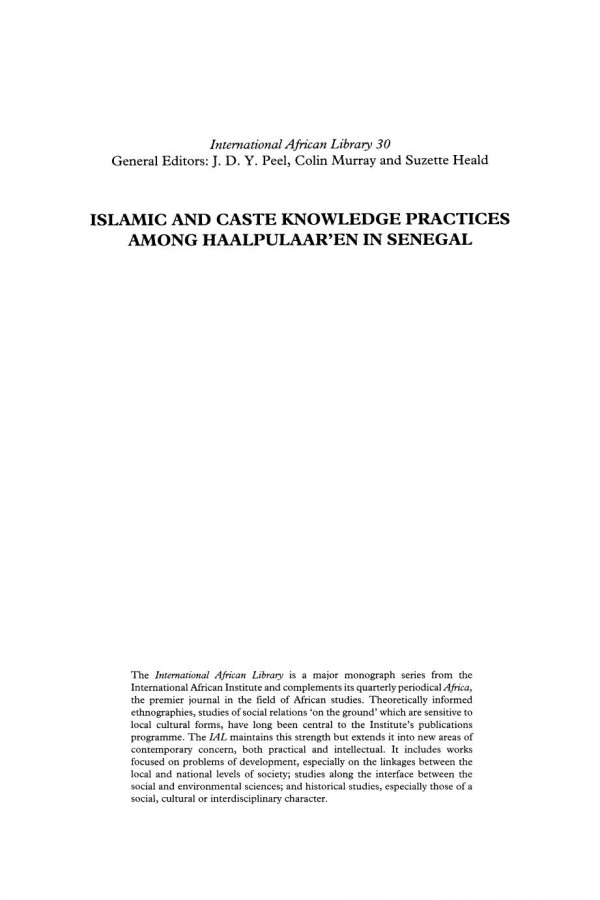

Most ebook files are in PDF format, so you can easily read them using various software such as Foxit Reader or directly on the Google Chrome browser.
Some ebook files are released by publishers in other formats such as .awz, .mobi, .epub, .fb2, etc. You may need to install specific software to read these formats on mobile/PC, such as Calibre.
Please read the tutorial at this link: https://ebookbell.com/faq
We offer FREE conversion to the popular formats you request; however, this may take some time. Therefore, right after payment, please email us, and we will try to provide the service as quickly as possible.
For some exceptional file formats or broken links (if any), please refrain from opening any disputes. Instead, email us first, and we will try to assist within a maximum of 6 hours.
EbookBell Team

0.0
0 reviewsGBS_insertPreviewButtonPopup('ISBN:9780748619900);
This book examines in historical perspective the hitherto little-studied relationship between Islam and caste among the Haalpulaaren of Senegal. The Islamic uprising of the 1770s, which established a class of Islamic clerics in positions of authority in the Senegal river valley, had long-term consequences for the social relations between clerics and caste groups. The book examines how at different historical junctures attempts were made to negotiate the equalitarian claims of a universalist faith with the expression of social differentiation lying at the heart of caste inequality. While the existing literature focuses on those who established Islam within the region, this present work provides insights into how marginalised artisans, poets and musicians understood themselves and how they responded to a faith which had become the cornerstone of social prestige and status. It analyses the knowledge practices of clerics and of specialised craft groups, arguing that they are crucial for our understanding of social and cultural distinction. This involves a synthesis of historical sources and ethnography, and provides an innovative approach to the study of religious identity and specialist practitioners.